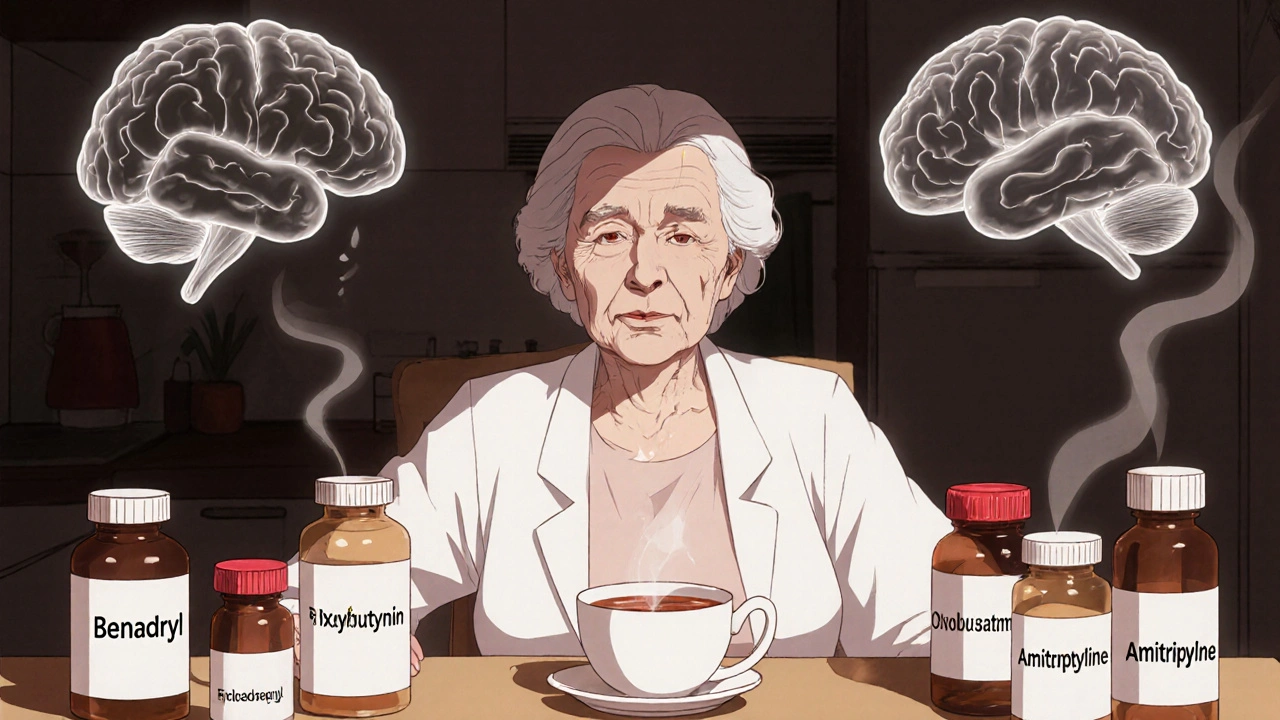Cognitive Effects: How Medications and Health Conditions Impact Your Mind
When we talk about cognitive effects, changes in how your brain processes information, remembers things, or makes decisions. Also known as mental side effects, these can show up as brain fog, trouble concentrating, or sudden memory lapses — and they’re often tied to the drugs you’re taking or the health conditions you’re managing. It’s not just about feeling tired. A medication meant to help your mood might slow down your reaction time. A drug for heart rhythm issues could make it harder to recall names. These aren’t rare quirks — they’re common, under-discussed, and sometimes dangerous if ignored.
Many people don’t realize that MAOIs, a class of antidepressants used for treatment-resistant depression, can cause noticeable cognitive changes like confusion or slowed thinking, especially if dietary rules aren’t followed. Even something as simple as benzodiazepines, medications often prescribed for anxiety or sleep, can dull your mental sharpness over time, even at low doses. And it’s not just psychiatric drugs. Cholesterol meds like Zocor (simvastatin), a statin used to lower LDL cholesterol, have been linked to memory complaints in some users. Meanwhile, QT-prolonging medications, drugs that affect heart rhythm and can trigger Torsades de Pointes, sometimes come with side effects that include dizziness or mental fogginess — warning signs you can’t afford to miss.
The real issue? These cognitive effects often get blamed on aging, stress, or laziness — when they’re actually tied to a medication interaction, a thyroid imbalance, or even a hidden drug overlap. Seniors taking multiple prescriptions are especially at risk. One person might be on a benzo for sleep, an antidepressant for mood, and a statin for cholesterol — and none of their doctors know all the pills they’re taking. That’s how duplicate medications sneak in, and that’s how cognitive decline starts looking like normal aging when it’s really preventable.
You don’t need to stop taking your meds. But you do need to know what’s happening inside your brain. The posts below break down exactly which drugs change how you think, why some people notice it more than others, and how to spot the early signs before they get worse. Whether you’re dealing with brain fog from a new prescription, worried about memory loss as you age, or just trying to understand why you can’t focus like you used to — you’ll find real answers here. No fluff. Just clear, practical info from people who’ve been there.
Anticholinergics: How These Common Medications Affect Memory and Cause Dry Mouth
Anticholinergic medications like oxybutynin and Benadryl can cause memory loss, brain shrinkage, and chronic dry mouth-especially in older adults. Learn which drugs are most risky and what safer alternatives exist.
